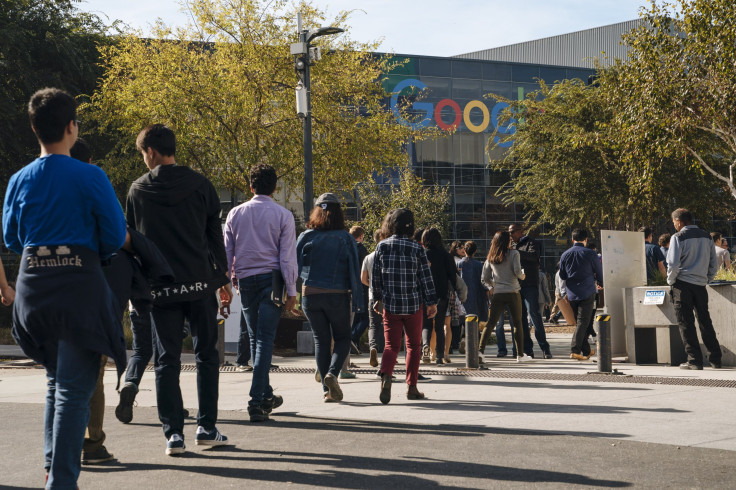Google Ends Forced Arbitration, Makes Other Sexual Harassment Policy Changes In Wake Of Walkout
After weeks of public criticism and a massive employee demonstration, Google has altered its policies regarding sexual harassment in the workplace. Google CEO Sundar Pichai sent a memo to employees this week apologizing for wrongdoings and outlining how, exactly, the company plans to be more supportive of victims.
Pichai’s Thursday email, published in full by CNBC, begins with the CEO saying he and other Google top executives have been “moved” by employee accounts of sexual misconduct at the company’s offices. It also stressed the need for improvement.
“We recognize that we have not always gotten everything right in the past and we are sincerely sorry for that,” Pichai wrote. “It’s clear we need to make some changes.”
First and foremost, Google will end forced arbitration for victims of sexual harassment. Several major companies force employees into arbitration whenever a dispute arises, meaning it has to be resolved outside of court and, most importantly, outside of public view.
Uber also ended its forced arbitration policy after more than 100 sexual assault accusations against drivers became public earlier this year.
“Google has never required confidentiality in the arbitration process and arbitration still may be the best path for a number of reasons (e.g. personal privacy) but, we recognize that choice should be up to you,” Pichai wrote.

Additionally, Pichai said Google would make wholesale changes to its harassment reporting system. All complaints will be sent to one site with live support and the company will offer counsel during and after the reporting process. Also, anyone who does not complete mandatory sexual harassment training will be docked points in Google’s performance review system.
Lastly, Pichai said the company would try to improve company diversity through its hiring processes. Google’s last annual diversity report said the search engine giant, like many major tech firms, is predominantly white and male. As of June, men made up nearly 70 percent of Google’s workforce.
These changes come in the wake of a huge employee walkout at different Google campuses last week, in protest of the company giving executives accused of sexual misconduct large payouts. The walkout included a list of demands by organizers, including the abolishment of forced arbitration. Though Pichai nominally offered support for the walkout before it happened, Google did not make every change demanded by organizers.
Specifically, Google’s parent company Alphabet will not add an employee representative to its board of directors. Additionally, Pichai’s memo did not go out to Google’s immense workforce of temp workers and contractors, Gizmodo reported. Contractors make up a significant portion of Alphabet’s workforce.
When reached for comment, Google pointed International Business Times to a paragraph from a company memo about how contractor complaints are handled. Google investigates any complaints made by a contractor against a full-time employee and makes suppliers do the same for complaints against contractors.
Additionally, Google said its contractual agreements with suppliers mandate "a means to report grievances anonymously and without fear of retaliation, unless prohibited by law." Google will monitor whether or not suppliers obey these rules and decide whether or not to maintain those business relationships based on its findings, the company said.
© Copyright IBTimes 2025. All rights reserved.





















